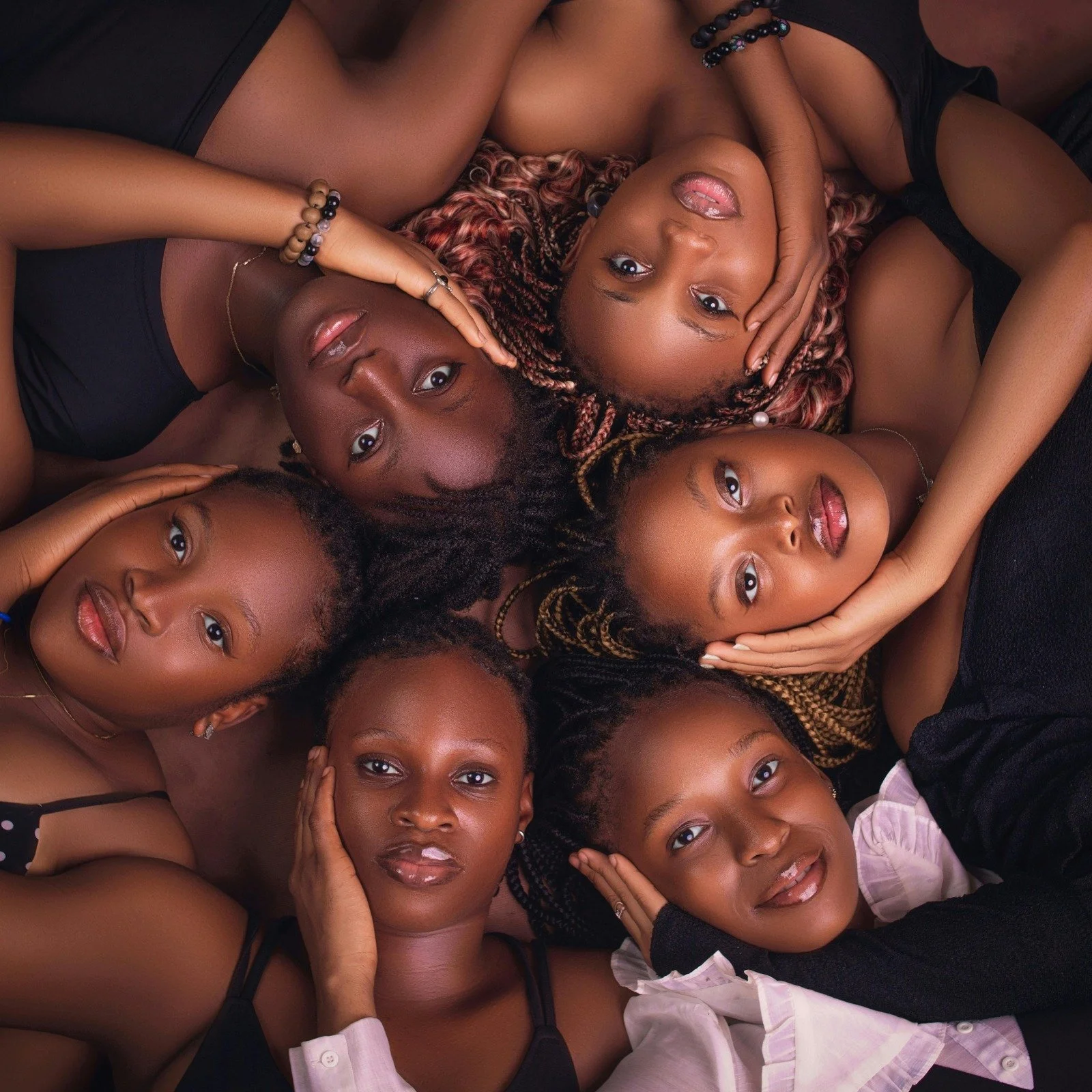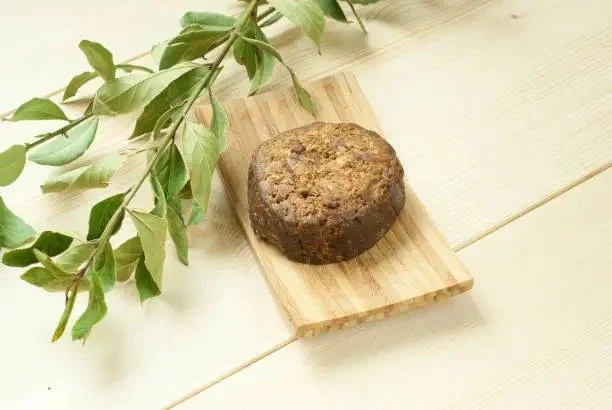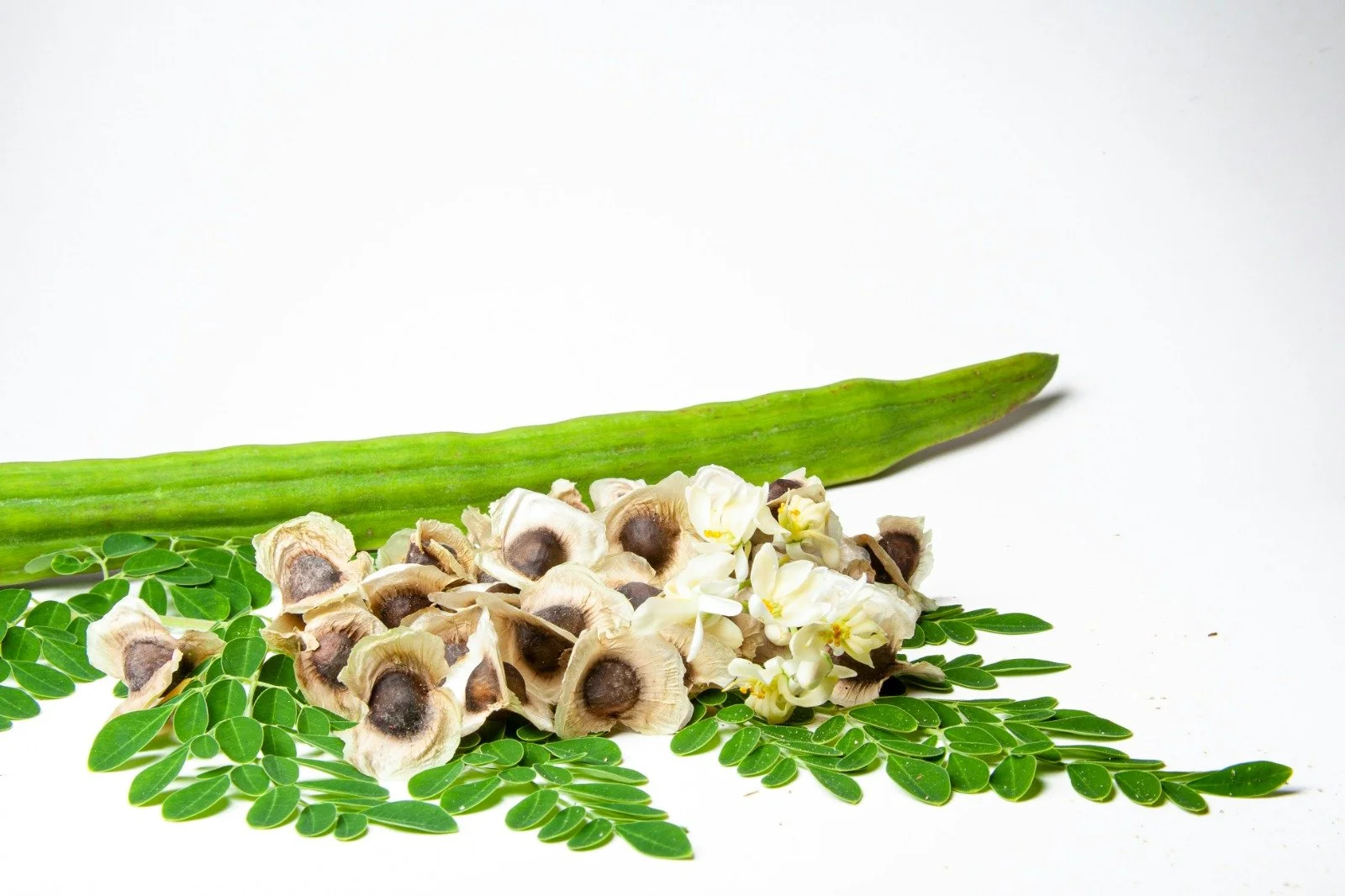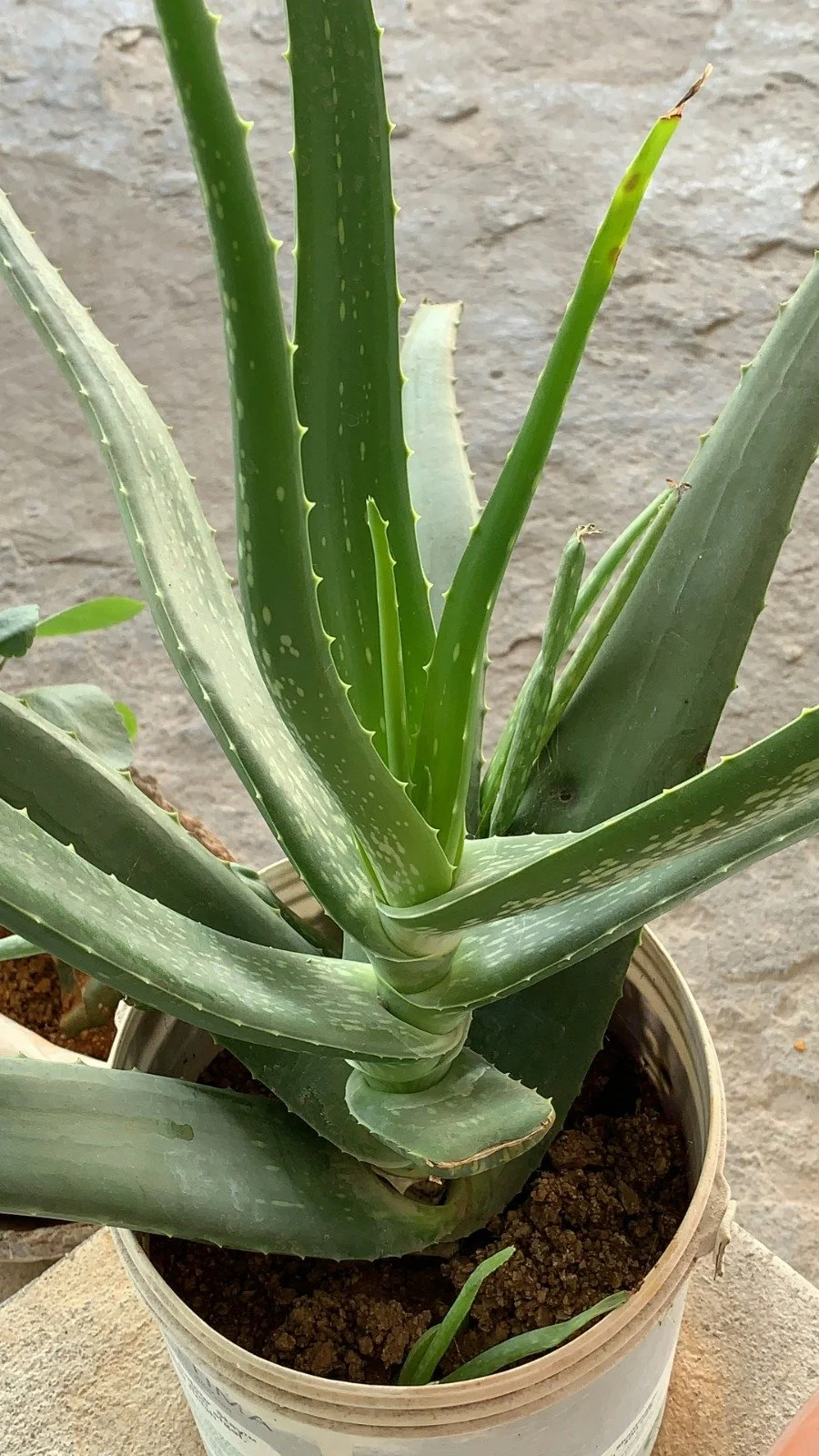African Beauty Trends That Are Still Relevant
Long before we had the beauty items we have today, 12-step care routine processes, and fancy skincare lines, African women (and men) were already blending oils, herbs, and other natural ingredients to nourish their skin, grow their hair, and preserve their beauty and glow.
Let's explore six African beauty products that have been passed down through generations and continue to work wonders today.
Shea Butter
No African beauty list is complete without Shea Butter, arguably one of the most iconic beauty products in the world. Extracted from the nuts or seeds of the African Shea tree, this rich, creamy butter has been an essential skincare product for generations. It is known by various local names, depending on the country or language.
To name a few, among the Yoruba people of Nigeria, it's called "Ori". The Hausa call it "Kade" or "Kadanya", while the Igbo people call it "Okwuma". In Ghana, it's referred to as "Nkuto". In Senegal, it's "Karité", in Wali-speaking communities it's "Taama", and among the Dagomba in Northern Ghana, it's known as "Kpakahili". In the Acholi language of Uganda, it's called "Moo-yaa".
Benefits
Deeply moisturizes, soothes, and protects the dry or cracked skin, even in the harshest climates
Packed with Vitamin A and E
Smooth out stretch marks, scars, and blemishes
Soothes eczema, rashes, and minor skin irritations
Perfect and safe for baby's skin.
Contains anti-inflammatory and antioxidant properties
Softens hair and adds shine
It's incredible that even in today's skincare market flooded with serum and high-tech creams, Africa's Shea butter remains a staple.
African Black Soap (Ose Dudu)
Another time-tested item is African black soap, or Ose Dudu in Yoruba. African black soap is as natural as it gets. Made from four ingredients - plantain skins, cocoa pod ash, palm oil, and shea butter. Depending on the maker, coconut oil and other natural plant-based materials can be used. Honestly, this soap rivals many on the market today in terms of gentle yet powerful cleansing.
Benefits
Cleanse, moisturize, and exfoliate the skin.
Even out skin tone
Suitable for ache treatment and clearing
Balances oily skin
Gives glowing, clear skin without dryness.
The African Black soap is handmade, usually in small batches. Many modern skincare brands are now creating versions of it, but the traditional bars made in West Africa remain unmatched. To date, the "original" Ose Dudu is a staple in African markets and homes.
Palm Kernel Oil
While palm kernel is a key ingredient in the deliciously popular Nigerian dish, Banga soup, its use goes far beyond the kitchen. Palm Kernel Oil, extracted from the seeds inside the palm fruit, has been a trusted beauty staple in many African homes for generations.
It's thick, dark, and nutty in scent and texture, earning it its name, "Adin Dudu" in Yoruba. For beauty, it's cherished for its deep moisturizing powers. It sinks into the skin, leaving it soft and nourished without feeling greasy. On hair, it strengthens strands, tames rough, unruly or frizzy hair, and adds a healthy shine, making it especially popular among natural hair lovers.
Benefits
Treats dry skin, rashes, and minor burns
Has anti-ageing properties due to its high antioxidant content
Absorbs quickly and doesn't clog pores
Promotes soft, smooth, even-toned skin
Can be used as a hot oil treatment for the hair
Palm kernel oil is warming - no chemicals, just nature doing its thing. It was loved then, and it's still loved now.
If the Moringa tree can prevent various known diseases worldwide, imagine what the oil can do regarding its beautification properties. Every part of the Moringa tree, from the stem, seed, and fruit to the bark and root, has medicinal and beauty-filled values. It's no wonder it's called the "miracle tree."
Moringa oil, or miracle oil, is derived from Moringa seeds. Back then, it was used to soften skin, strengthen hair, and soothe minor wounds and sunburn.
Benefits
Packed with antioxidants, especially Vitamin C and E
Has anti-ageing properties that reduce fine lines and wrinkles
Naturally anti-inflammatory
Moisturizes without clogging pores
Strengthens hair and reduces split ends
Improves scalp health, which promotes growth
What was once a simple African oil has become a global, well-sought-after essential oil.
Chebe Powder
If you've ever admired the incredibly long, thick hair of women from Chad and wondered what their secret is, that's Chebe Powder at work. This African hair care gem, originating from Chad, Africa, has been passed down through generations and is still used for hair growth.
Chebe Powder is made from a mix of natural ingredients like cherry seeds, cloves, lavender, resin, and stone scent, all ground into a fine, brownish powder.
Benefits
Strengthens hair and prevents breakage
Promotes length retention, not by growing faster, but by minimizing split ends
Keeps hair moisturized for more extended periods
Nourishes the scalp and supports healthy follicles
Protects natural hair from harsh climates and dryness
Chebe Powder isn't a shampoo or conditioner; it's a protective treatment, used over time. And while it's become popular on natural hair blogs and YouTube tutorials globally, it's still a living tradition in Chad and many African countries.
Aloe Vera
Aloe Vera may be popular worldwide today, but its use dates back centuries in Africa. In many African homes, the aloe vera plant is a staple. Even if they don't have flowers or other vegetables, aloe vera would be present.
That is because of the beauty treatments obtained from this simple plant. It's common to see someone snap a leaf, scoop out the gel, and apply it straight to the skin or scalp. That's as natural as it gets.
Benefits
Soothes burns, rashes, and irritated skin
Naturally hydrates and cools the skin
Helps treat acne and fade dark spots
Promotes hair growth and reduces dandruff
Acts as a natural styling gel for curly hair
Some Africans also use aloe vera in homemade beauty recipes, blending the gel with oils like coconut or castor oil for deep conditioning masks or mixing it with clays for purifying face masks.
In today's skincare aisle full of "aloe-infused" products, nothing beats the feel of raw, freshly cut aloe vera straight from the plant. It's the epitome of farm-to-face beauty, and it remains a staple in many African households.
Takeaway - Beauty That Lasts
In a world full of synthetic beauty products and rapidly changing trends, something refreshing is about sticking to traditional beauty items and timeless trends. What makes African beauty products and practices special isn't just that they work; it's what they're rooted in. Every African beauty product, then and now, is built on natural ingredients, sustainability, and deep cultural knowledge —a combination that modern brands have come to appreciate.
African mothers taught us that beauty and skin care maintenance should not come in shiny packaging. Sometimes, it comes in clay pots. So, while trends may come and go, Africa's beauty legacy continues to shine, naturally and unapologetically.






